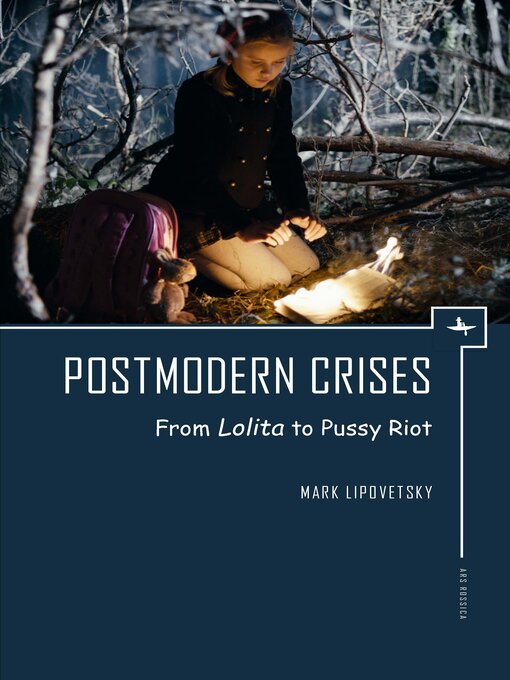-
Description
-
Details

OverDrive Read
- ISBN: 9781618115591
- Release date: January 31, 2017
PDF ebook
- ISBN: 9781618115591
- File size: 1857 KB
- Release date: January 31, 2017
Formats
OverDrive Read
PDF ebook
subjects
Languages
English

-
Details
Publisher:
Academic Studies Press
OverDrive Read
ISBN: 9781618115591
Release date: January 31, 2017
PDF ebook
ISBN: 9781618115591
File size: 1857 KB
Release date: January 31, 2017
-
Creators
- Mark Lipovetsky - Author
-
Formats
OverDrive Read
PDF ebook
-
Languages
English
Why is availability limited?
×Availability can change throughout the month based on the library's budget. You can still place a hold on the title, and your hold will be automatically filled as soon as the title is available again.
The Kindle Book format for this title is not supported on:
×Read-along ebook
×The OverDrive Read format of this ebook has professional narration that plays while you read in your browser. Learn more here.
